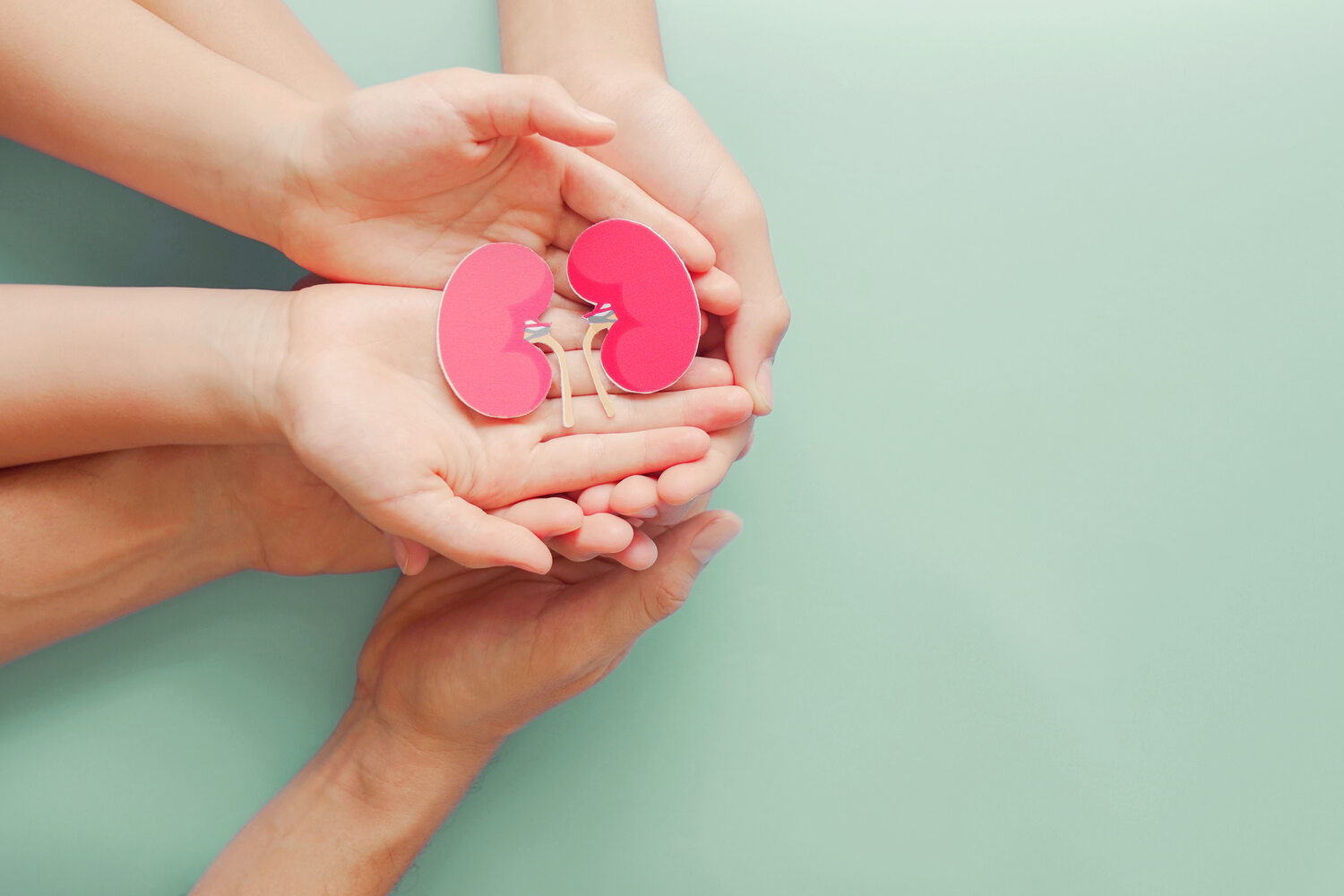
Kidney stones can affect anybody. Although the prevalence is quite commonly seen in adults, cases of kidney stones in children are also rising these days. In fact, according to research, around 12% of the Indian population may have kidney stones at some point in their lives (1a). And, instances of kidney stones in children as young as 5 years old are on the rise these days (2).
Kidney stones may cause discomfort to your child. Some parents may not know why their children are uncomfortable, and kidney stones could be one of the reasons behind it. Parents must be aware of the signs and symptoms of kidney stones in children. This article sheds light on kidney stones, their types, causes, and easy tips to prevent it in kids.
In This Article
- What Are Kidney Stones?
- How Common Are Kidney Stones in Children?
- Signs And Symptoms of Kidney Stones in Kids
- What Causes Kidney Stones in Children?
- What Are The Different Types of Kidney Stones?
- How Are Kidney Stones Diagnosed in Children?
- Are There Any Risk Factors For Kidney Stones in Children?
- Treatment Options For Kidney Stones
- Home Remedies For Kidney Stones
- Tips to Help You Prevent Kidney Stones in Kids
- FAQ’s
What Are Kidney Stones?
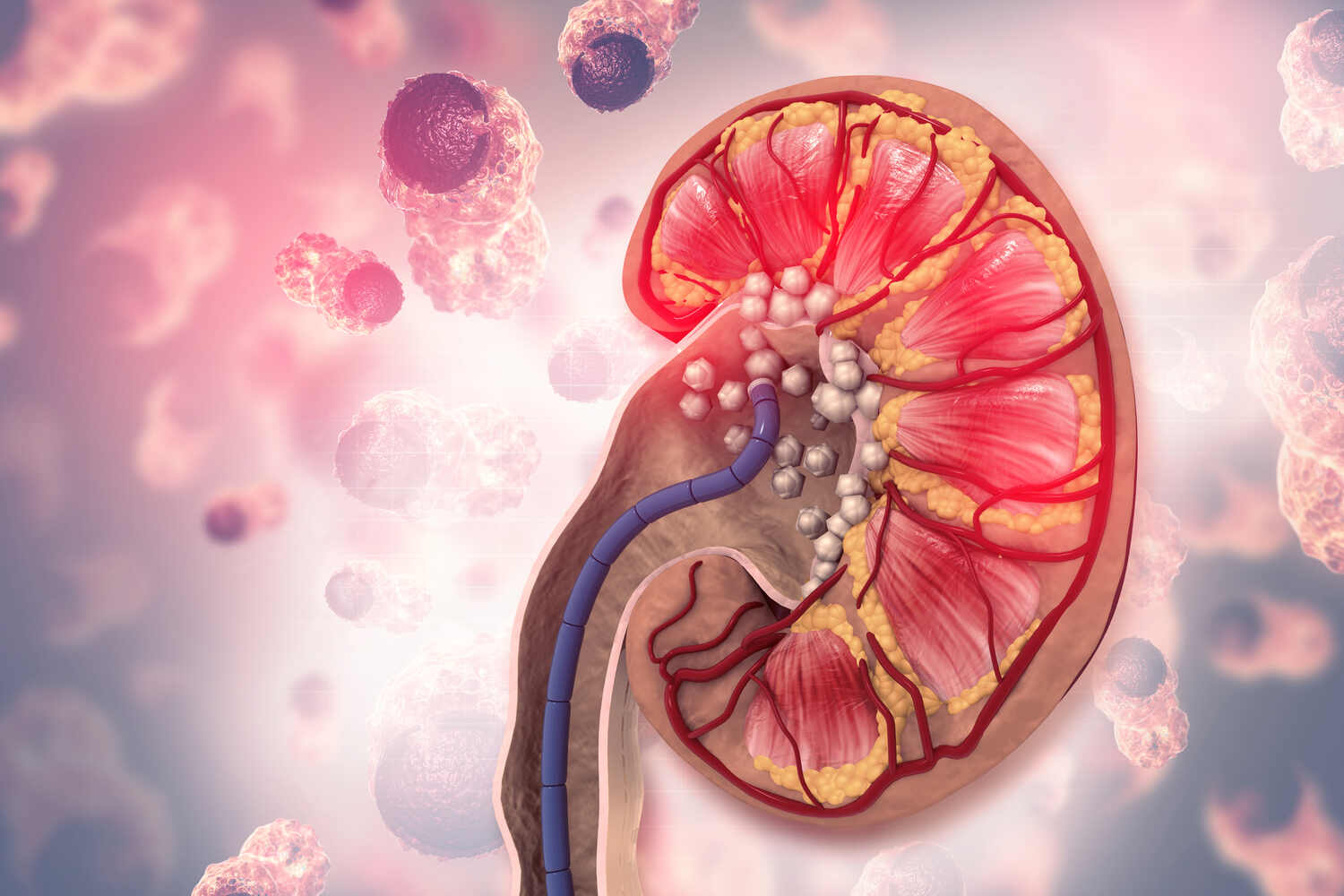
Kidney stones are hard deposits formed from chemicals in the urine. These are usually made up of calcium and uric acid (3a). You may wonder how the process of kidney stone formation begins.
Urine contains dissolved wastes. If there is too much waste in too little liquid, crystals form and attract other elements that join to form a solid. This solid grows until it’s expelled from the body in urine. Common stone-forming chemicals include calcium, oxalate, urate, cystine, xanthine, and phosphate. Kidneys usually eliminate these chemicals, but if enough liquid is not present, these chemicals are not eliminated, and kidney stone formation occurs.
Formed stones can remain in the kidney or travel down the urinary tract into the ureter. Small stones may pass out of the body in urine without pain, but larger ones can cause urine back-up, leading to pain (3b).
How Common Are Kidney Stones in Children?
You may have heard your friends saying they are dealing with kidney stone problems. Have you ever heard this from children?
Kidney stones are uncommon in children. But it is important to note that in the past few years, the cases of kidney stones among children have been rising (4). What could be the reason for this?
Nowadays children prefer processed food. It contains sodium, which may be primarily responsible for causing kidney stones in children.
Signs And Symptoms of Kidney Stones in Kids
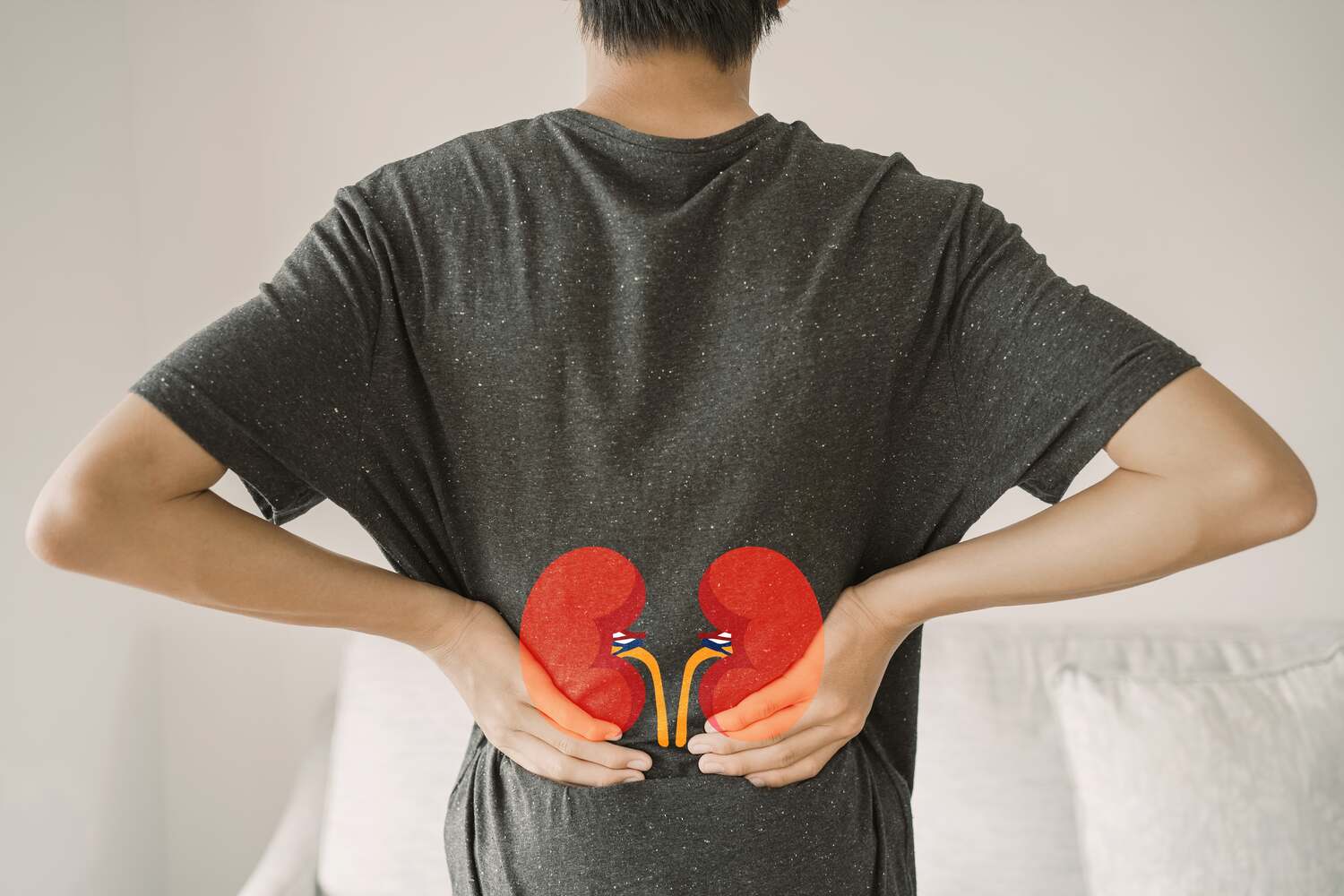
You should know these symptoms to understand how your child may respond if they have a kidney stone-
- Your child may often complain of back pain
- They may experience pain during urination. Due to this pain, they may cry while urinating
- Nausea and vomiting
- Blood in the urine or hematuria
- Fever
- Urinary tract infections
What Causes Kidney Stones in Children?
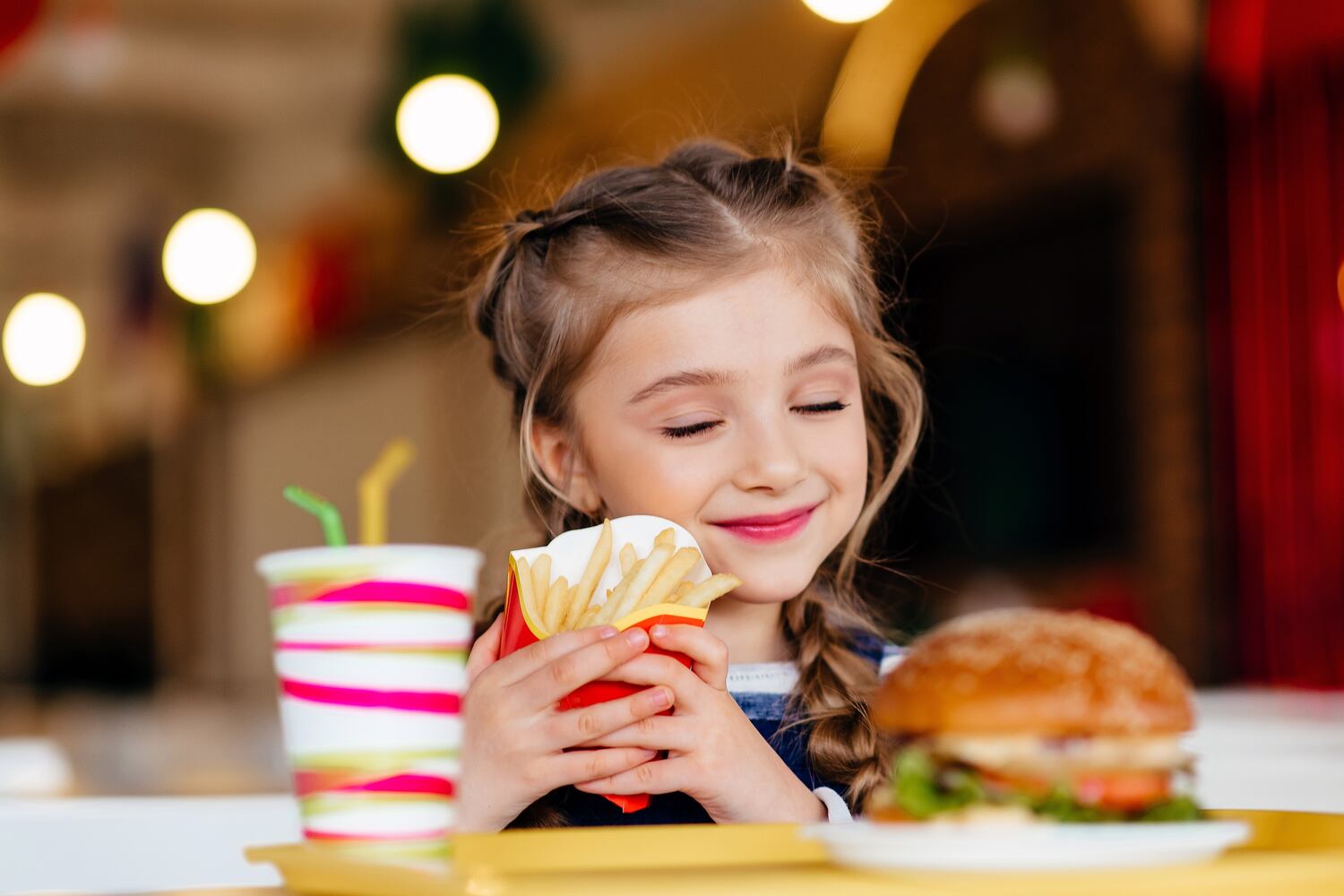
Ask yourself: Are you taking care of your child enough? This care is a combo of a healthy diet, playing, etc. Nowadays, children prefer using smartphones and playing games on cell phones. Is this physical inactivity the cause of kidney stones? Let us understand some of the important causes of kidney stones in children. You may not know, but children of all ages can develop this condition.
Drinking the wrong liquids and eating too much sodium through junk and processed food, are the main reasons behind kidney stones in children. Common unhealthy habits that put your child at risk of kidney stones are-
- Drinking less water
- Enjoying more sugary and soft drinks
- Eating junk and processed food like chips, store-bought sandwiches, frozen foods etc.
- Consuming sports drinks
- Eating unhealthy food
It is therefore important to monitor your child’s eating habits as eating too much unhealthy food may increase the risk of kidney stones in your child.
Children with certain conditions like obesity, abnormalities in the urinary tract, bowel inflammation, cystic kidney diseases, digestive problems, hypercalciuria, hyperuricosuria (too much uric acid), and significant medication history are more likely to develop kidney stones.
What Are The Different Types of Kidney Stones?
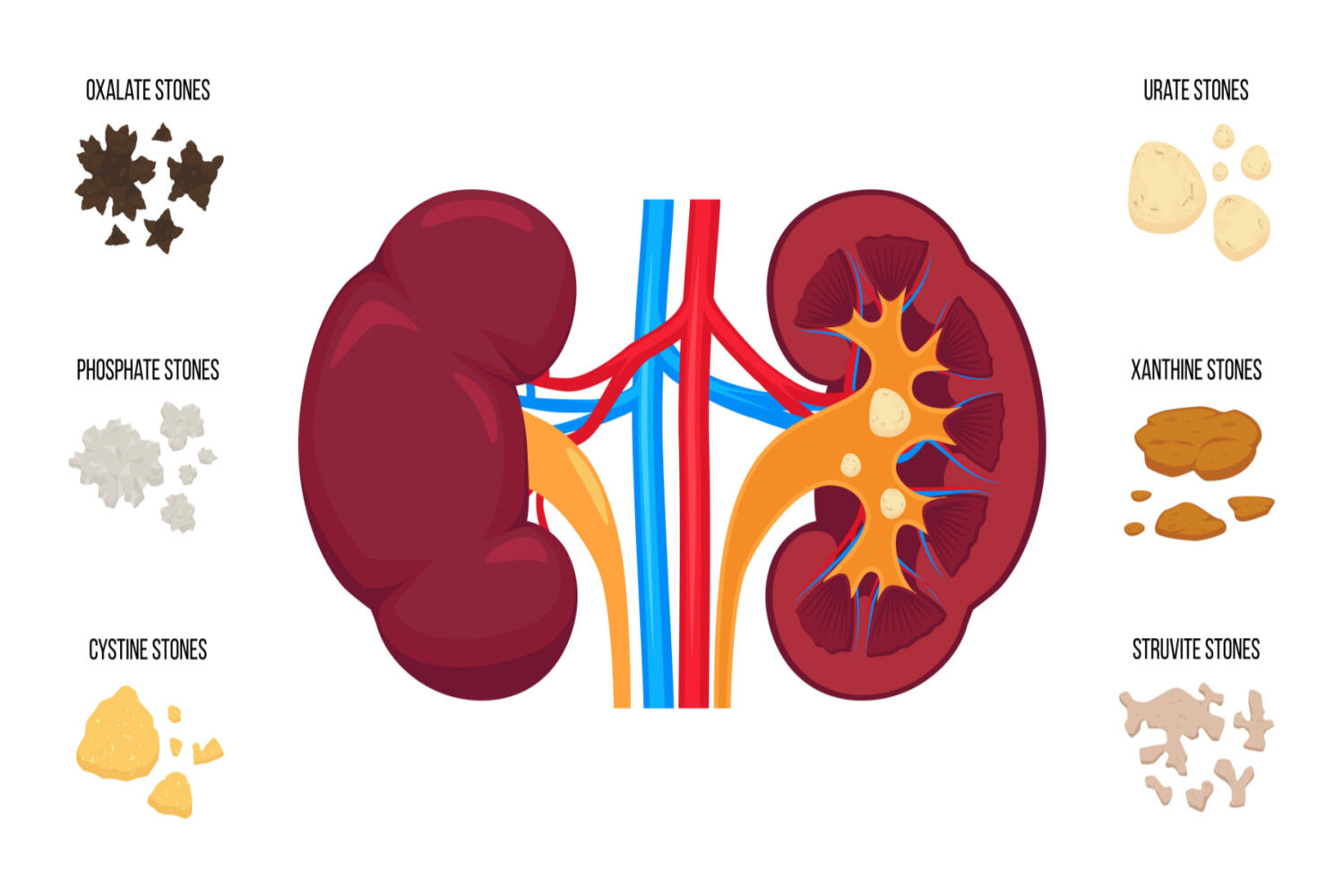
Kidney stones can be of several types based on their composition etc. The different types of kidney stones are as follows-
1. Calcium Oxalate Stones-
These are the most common. It occurs when calcium combines with oxalate in the urine. High salt intake, inadequate calcium intake, and drinking less water are the main culprits behind this type of kidney stone formation (1b).
2. Uric Acid Stones or Urate-
Foods like organ meats and shellfish have high concentrations of purines. High purine intake may form stones in the kidneys (1c). This type of stone is hereditary.
3. Struvite Stones-
These stones are common in women. These may be less common in children. They are caused due to infection in the upper urinary tract (1d).
4. Cystine Stones-
It forms in those who have cystinuria. It runs in families. This type of stone is characterized by increased formation of stones in the bladder, kidney, and ureter (1e).
How Are Kidney Stones Diagnosed in Children?
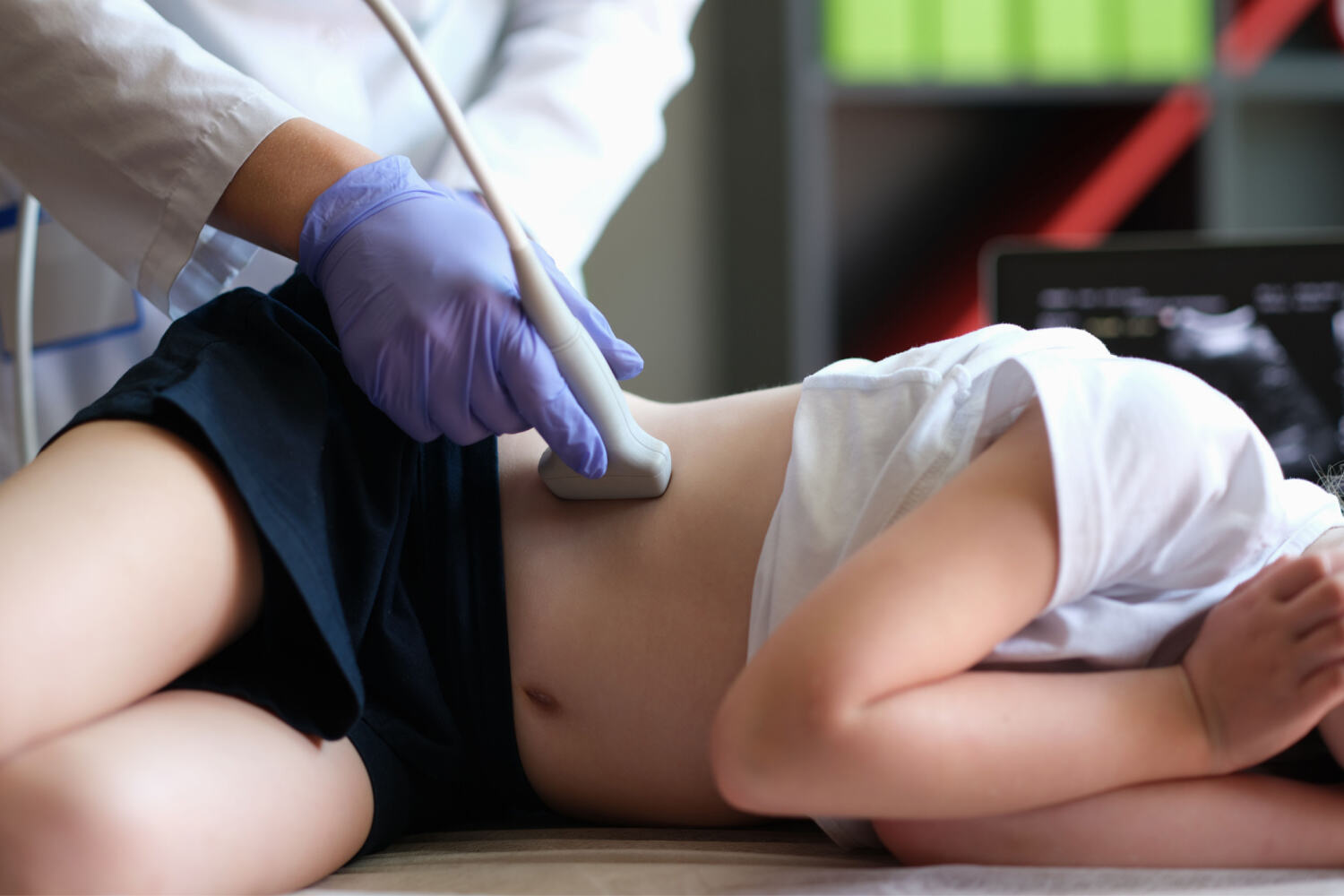
If your child complains of discomfort and reports of pain in the lower abdomen or back, its better to take them to a doctor. The doctor will assess whether your child has kidney stones or not based on the factors such as-
- History of back pain in the lower region
- Urine test
- Blood test to measure uric acid levels
- CT scan of the abdomen
- Abdominal/kidney MRI
- X-ray
- Kidney ultrasound (5)
Are There Any Risk Factors For Kidney Stones in Children?
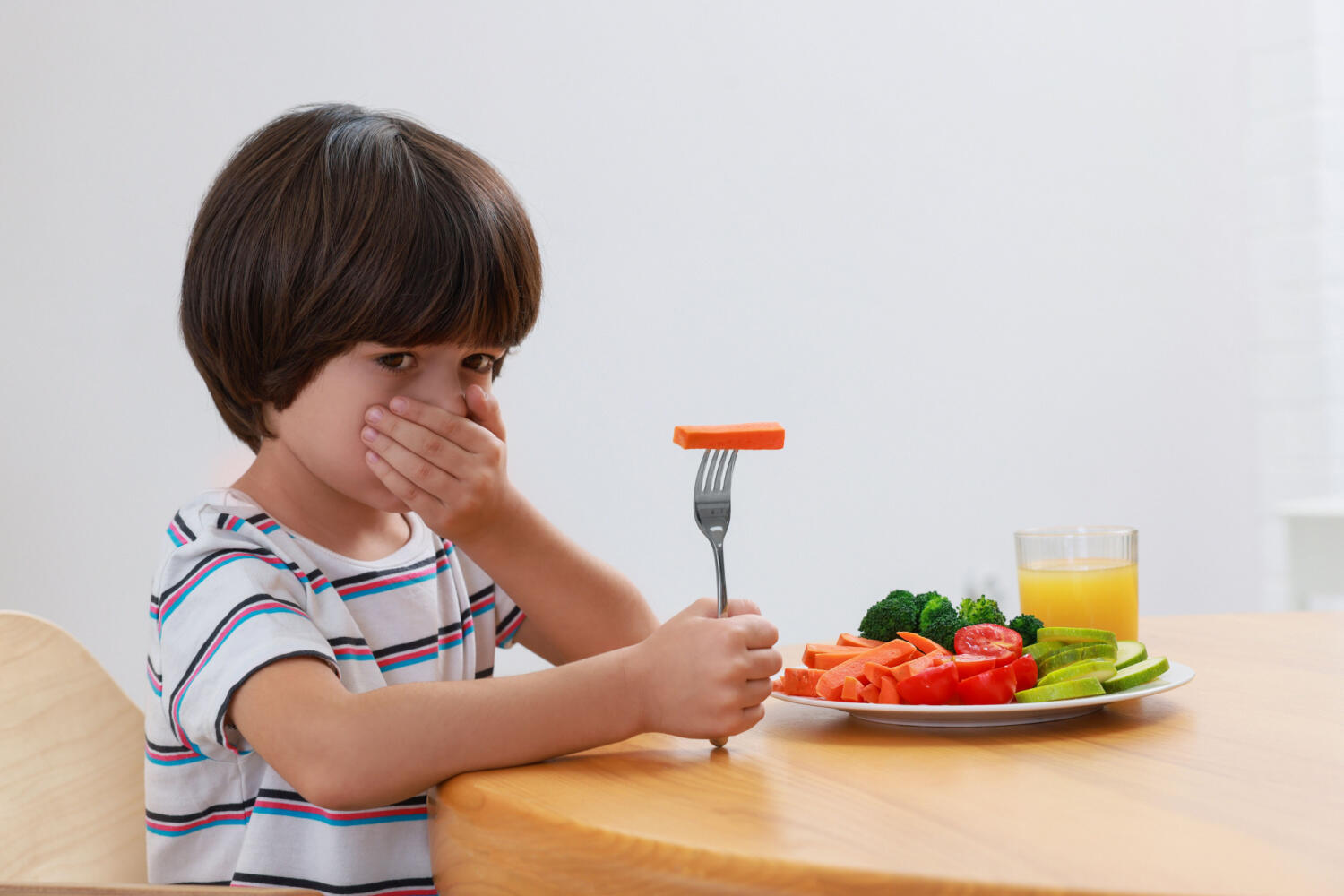
Yes, there are risk factors associated with kidney stones in children. Some of them are-
- Eating an unhealthy diet, including salt, meat, and processed foods
- Consuming less fruits and vegetables
- Not drinking enough water
- Family history
- Kidney infection
- Blockage in urine flow
- Bowel disease
Did you notice some of these risk factors are avoidable?
Treatment Options For Kidney Stones
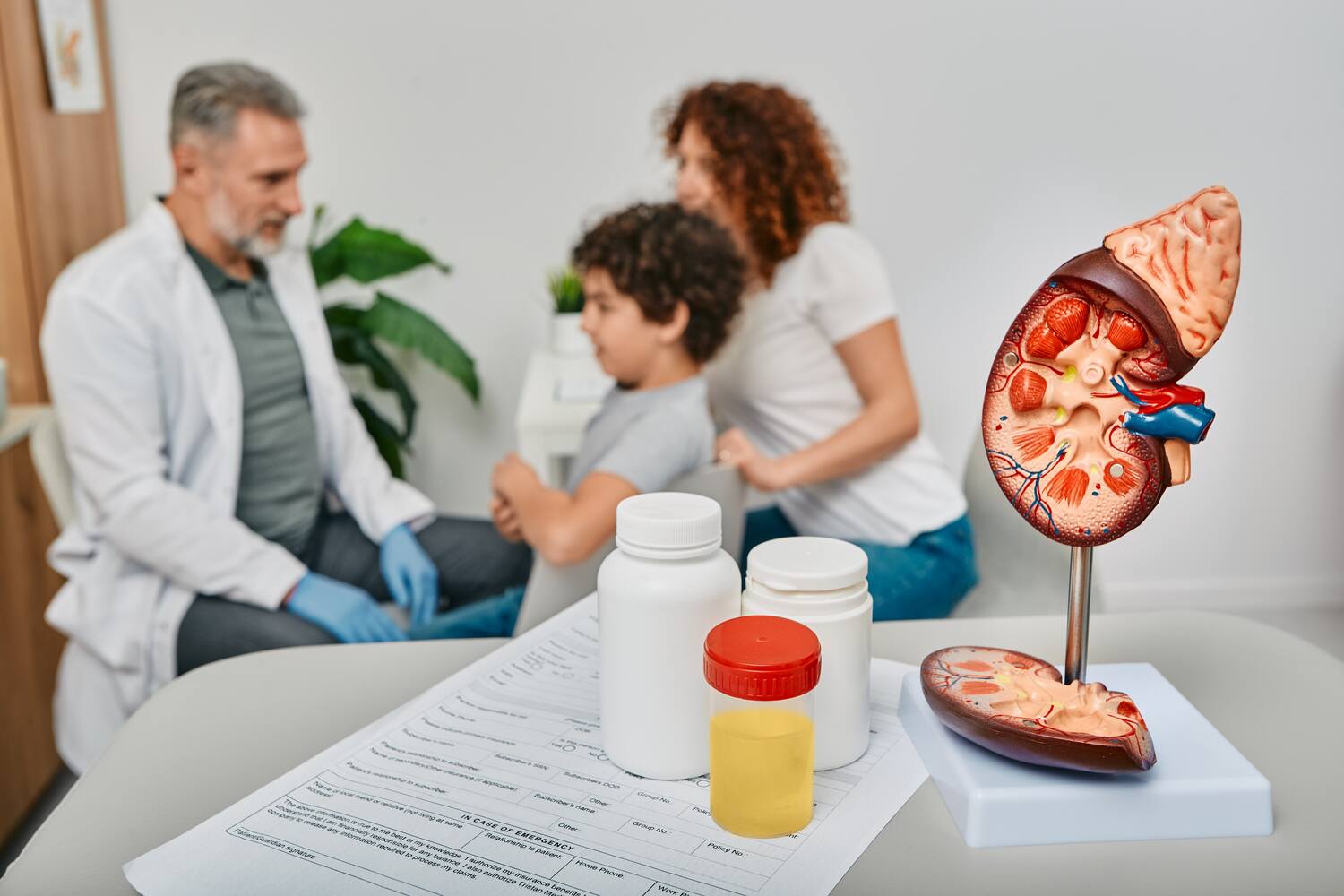
Treatment for kidney stones will depend upon various factors like, the size of the stones, its location, and its type. Once assessment is done, the doctor may start treatment based on these factors. Some common treatment options are-
- Some stones pass down the urinary tract on their own
- Prescribing pain relievers to manage the pain
- Increased fluid intake
- Antibiotics to treat urinary tract infections
- Dietary changes (6)
- Surgery is advised based on the condition (7)
Home Remedies For Kidney Stones
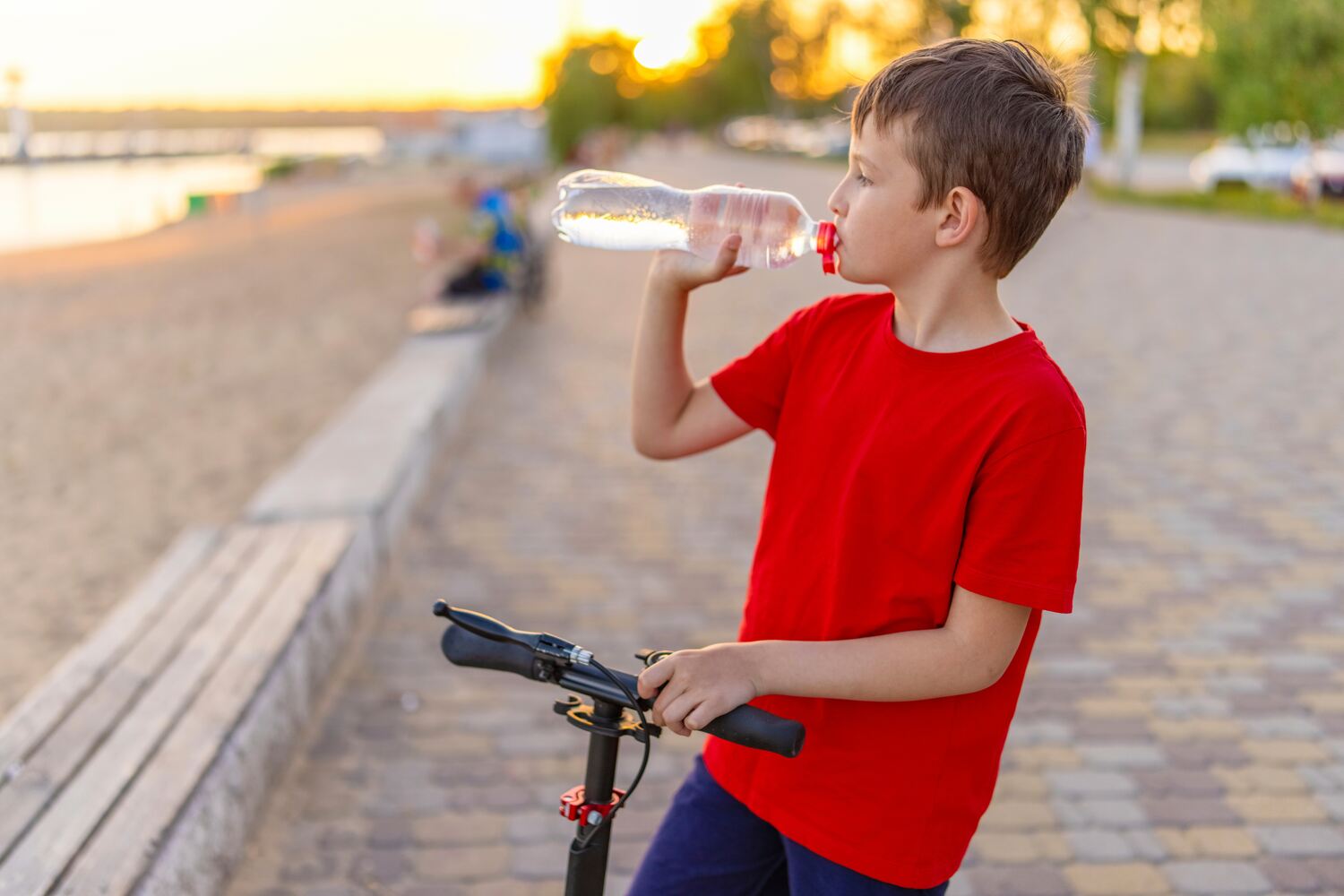
Here are some tips you can follow if your child has kidney stones-
- Regularly remind your child to drink water
- Encourage your child to play and be physically active
- Make your child drink water before and after playing. It’s important
- Keep an eye on your child’s weight
- Avoid nuts, peanuts, and spinach to reduce oxalate in the urine
- Give them good sources of calcium
One of the most important messages is never to give any food or supplements to your child without taking doctor’s consultation. Home remedies are the combo of healthy food you should give, unhealthy foods you must avoid and some lifestyle modifications.
Tips to Help You Prevent Kidney Stones in Kids
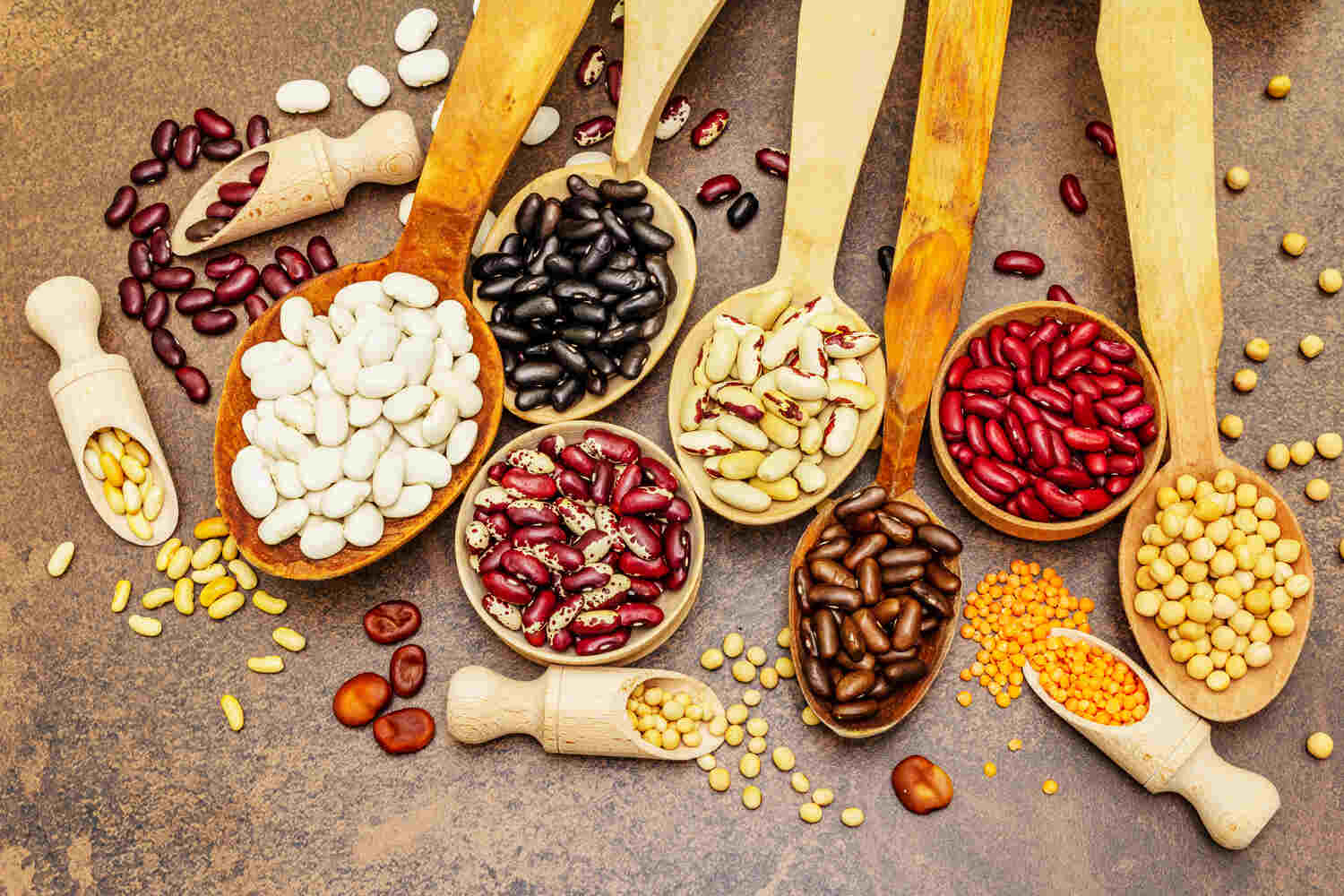
Kidney stones are easily preventable if you follow these tips-
- Make your child drink at least 6-8 ounce glasses daily
- Limit the intake of canned, packaged seasonings, meat, condiments and fast foods
- Decrease the consumption of animal protein like chicken, eggs, fish, shellfish, milk and cheese
- Make your child eat beans, lentils, and dried peas
- Make sure to give enough calcium from foods like juices, cereals, bread, and beans to your child
- Give almonds, cashews, walnuts, pistachios and sunflower seeds
We know kidney stones are becoming common in children. As a parent, we understand that it is very overwhelming for you to see your child experiencing discomfort and pain due to kidney stones. But it is also important for you to understand that it’s possible to prevent it with the right information, care, and healthy tips. So, if your child has got kidney stones, then instead of panicking, consult the doctor. Remember, kidney stones are treatable but early diagnosis is important.
FAQ’s
1. At What Age Can a Child Get Kidney Stones?
Children of all ages can get kidney stones, including infants and babies.
2. What Size Kidney Stone Can a Child Pass Through Urine?
Stones of very small size, less than 5 millimeters, can be passed by a child in urine.
3. What Food Causes Kidney Stones?
High-salt food, processed food, chips, etc., are all responsible for formation of kidney stones in children.
References
- Kidney Stone Disease: An Update on Current Concepts – [https://www.ncbi.nlm.nih.gov/pmc/articles/PMC5817324/]
- Kidney Stones – [https://www.kidney.org/atoz/content/kidneystones]
- Kidney Stones in Children – [https://www.niddk.nih.gov/health-information/urologic-diseases/kidney-stones-children]
- Kidney Stone Recurrence among Children and Adolescents – [https://www.auajournals.org/doi/abs/10.1016/j.juro.2016.07.090]
- Diagnosis of Kidney Stones – [https://www.niddk.nih.gov/health-information/urologic-diseases/kidney-stones/diagnosis]
- Eating, Diet, & Nutrition for Kidney Stones – [https://www.niddk.nih.gov/health-information/urologic-diseases/kidney-stones/eating-diet-nutrition]
- Treatment for Kidney Stones – [https://www.niddk.nih.gov/health-information/urologic-diseases/kidney-stones/treatment]
